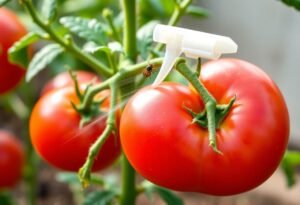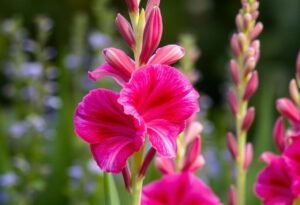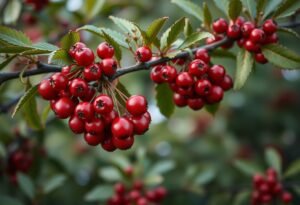Why Are Aphids Problematic?
Aphids are small insects that feed on plant sap, weakening plants and making them susceptible to diseases. Their presence in the garden is not just harmful, but can also lead to plant death. Early detection is key in aphid control before it becomes a serious issue.
Natural Methods of Aphid Control
Instead of chemicals, consider natural methods for aphid control. Introducing predatory insects like ladybugs or lacewings into your garden can significantly reduce aphid populations. Additionally, natural sprays like soap solutions or essential oils can be effective alternatives to harsh chemicals.
How to Identify Aphids?
Before you begin aphid control, you need to know how to identify them. Aphids come in various colors, from green to black to pink. Keep an eye on plant leaves, as they tend to cluster on the undersides and on young shoots. If you spot moist spots or honeydew, it’s a strong sign that aphids have begun their attack.
Recognizing Signs of Damage from Aphids
If aphids are present, your plant leaves may wilt, become distorted, or even drop off. It’s crucial to pay attention to these signs, as they indicate that it’s time to start aphid control to save your plants.
Chemical Aphid Control Products
If natural methods fail, consider turning to chemical aphid control products. However, opt for ones that are least harmful to other garden organisms, especially beneficial ones. Always use these products according to instructions to avoid weakening healthy plants.
Preventing Aphid Infestations
Prevention is key! Regularly checking plants, providing optimal growing conditions, and using natural barriers, like flowers that attract predatory insects, can effectively safeguard your plants against aphids. Effective aphid control starts with healthy and diverse vegetation in your garden.
Conclusion
Controlling aphids is a process that demands patience and consistency. By employing a combination of natural and chemical methods, you can effectively shield your garden from these pests. Don’t wait—take action today! Keep your garden in its best shape!
Disclaimer
This article is for informational purposes only and does not replace professional advice on plant care.

















